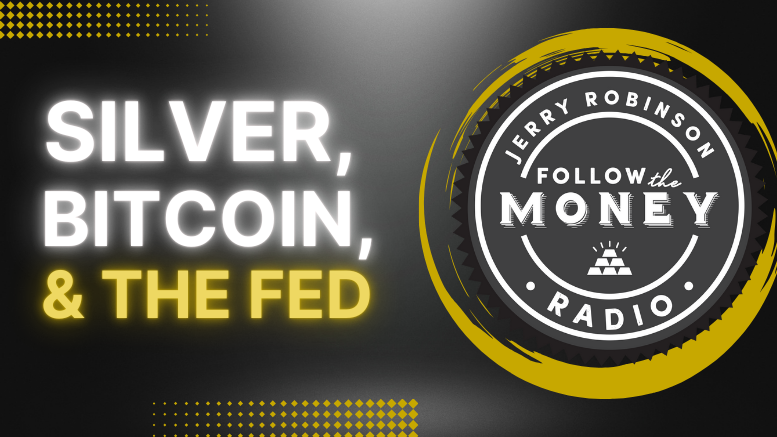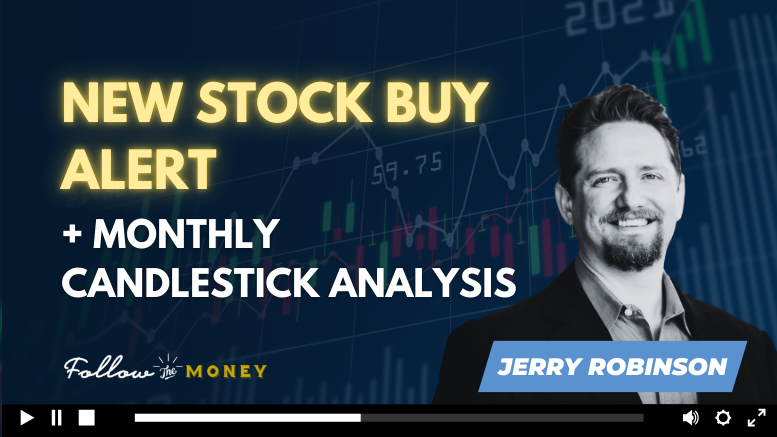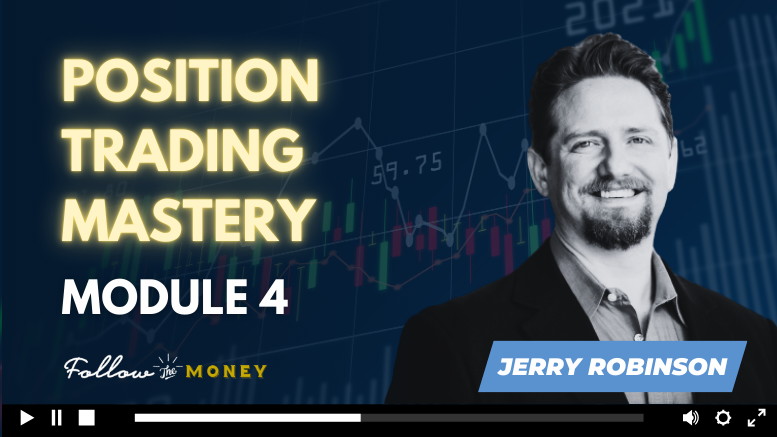by Jerry Robinson | FTMDaily Editor-in-Chief
HOUSTON, June 3
It's Friday. And that means that its time for FTMDaily's Reader Q&A. Each Friday, we reserve our daily column for our readers and their questions. Whether you have a question about your money, our Five Levels of Financial Freedom, the global economy, commodities, or retirement savings, we invite your questions. (To submit your question, click here.)
Which Foreign Currencies Should I Buy?
Q: I am working on diversifying my savings like you teach, one-third U.S. dollars, one-third precious metals, and one-third stable foreign currency. Do you have any suggestions on the best way to hold stable foreign currencies? Are there any currencies that are better than others for savings purposes? Thanks in advance, Greg H. Atlanta, GA
A: Thanks for the good questions, Greg. My personal favorite way to hold foreign currencies is through the use of ETFs (exchange traded funds). In essence, these funds give you exposure to the underlying currency. It is very much like holding the foreign currency itself but without the holding costs and risk of loss. This may seem confusing to some who have heard me say that precious metals ETFs can be unwise to hold in the long run. The major difference here is that precious metals ETFs represent hard assets, which may or may not actually be backing up the particular fund. With foreign currency ETFs, there is no need to worry because they are all paper assets anyway.
Regarding the best foreign currencies for savings purposes, think stability. You want to hold a currency that is respected globally and whose government is operating in a fiscally responsible way. This can be a very difficult task for savers and investors today. My personal favorite currencies are the Swiss Franc, the Canadian Dollar, and the Australian Dollar. I like these currencies because each of these countries is rich in commodities, which the rest of the world needs.
Greg, it’s great to hear that you are diversifying your savings. This is a vital component of our Five Levels of Financial Freedom. I would urge you to go to www.everbank.com to research these specific currencies in depth. You will find a wealth of information on this site about these and other foreign currencies.
Keep up the good work, and when you make it to Level Four, I would love to know.
Note: if you have a success story to share or a question for Jerry as you progress through the Five Levels of Financial Freedom, you can share those in the contact form at the bottom of this article.
How Do I Get Started Studying Economics?
Q: Jerry, I am a college student and have been inspired by your radio show to begin studying Economics. I have a strong interest in the topic of the dollar and currencies, but I don’t know how to get started. Please help! What do you recommend as a good first step? – Josh M., Manhattan, NY
A: Josh, thanks for the question. The first thing that you need to know is that the science of Economics has been corrupted. What began as a curious search of price formation and decision-making has morphed into applied mathematics that can be completely irrelevant in the real world. This is not to say that you should not study Economics, but I want you to be aware that much of what I teach, you will not learn in a university setting. I am from the Austrian School of Economics. However, today’s Economics academia has been dominated by the long discredited Keynesian School.
While I was studying at the university level I found myself constantly frustrated by the tensions created between the two schools of thought. Today there are few universities that offer courses from the Austrian viewpoint. Since you are in Manhattan, you should definitely check out NYU’s program, considered by many to be the best program in the nation. George Mason University also offers a good program in Austrian Economics. I would also recommend that you check out www.mises.org. They offer a series of online courses in the Mises Academy section of the website. Each of these courses will introduce you to Austrian Economic thought at a much lower cost than a university class (and will likely be more convenient).
Josh, I wish you well in your quest to expand your understanding of Economics. It is a worthy goal. Just beware of the “Keynesian” pitfalls.
___________________________________________
Do You Have A Question for Jerry?
Click here to send your question to Jerry.
___________________________________________
Until Monday,
Jerry Robinson – FTMDaily.com
____________________________________________________
Jerry Robinson is an economist, published author, columnist, international conference speaker, and the editor of the financial website, FTMDaily.com. In addition, Robinson hosts a weekly radio program entitled Follow the Money Weekly, an hour long radio show dedicated to deciphering the week's economic news.






